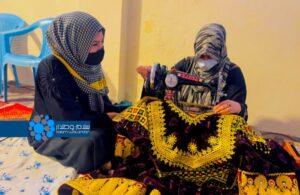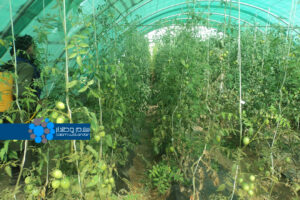KABUL (SW) – The National Food and Drug Administration says that in the last two years, 39 factories producing medicine and healthcare equipment have been established or reactivated in Afghanistan, which brings the total number of factories active in these sectors to 95.
Javed Hajir, the spokesperson of this department, told Salam Watandar that the production capacity of medicine and healthcare equipment factories in Afghanistan has also increased from 250 items to 650 items in the last two years.
On the other hand, a number of Kabul residents complain about the low quality and ineffectiveness of the medicines available in the markets.
Adib, a relative for a patient in Kabul city, said that despite the fact that he spent nearly one hundred thousand afghanis on medicine, but the low quality of these drugs made him not recover. He said: “The patient has a kidney problem, he has been under treatment for seven to eight years. The poor quality of the medicines are not effective.”
Zainab, another resident of Kabul, said that her mother has been under treatment for almost ten years due to diabetes and heart disease, but due to the poor quality of the drugs she gets from the market, she never recovered. Zainab added: “My mother has been sick for nine to 10 years now, she has diabetes and heart disease. Be it the government or private hospital, the medicine does not have any effect. It only increases her illnesses. I take medicine every month from the hospital, it’s useless.”
Salim Khan Fadaei, the head of inspection and control of the National Food and Drug Administration, says that in the last four months, he has collected six trucks of low-quality drugs from all over Kabul, whose use-by date has passed. According to him, these drugs were collected from pharmacies, companies and domestic wholesalers.
Officials of the National Food and Drug Administration say that there are more than 73 border crossings, which are the main obstacles to control the import of low-quality drugs into the country.
ENDS






